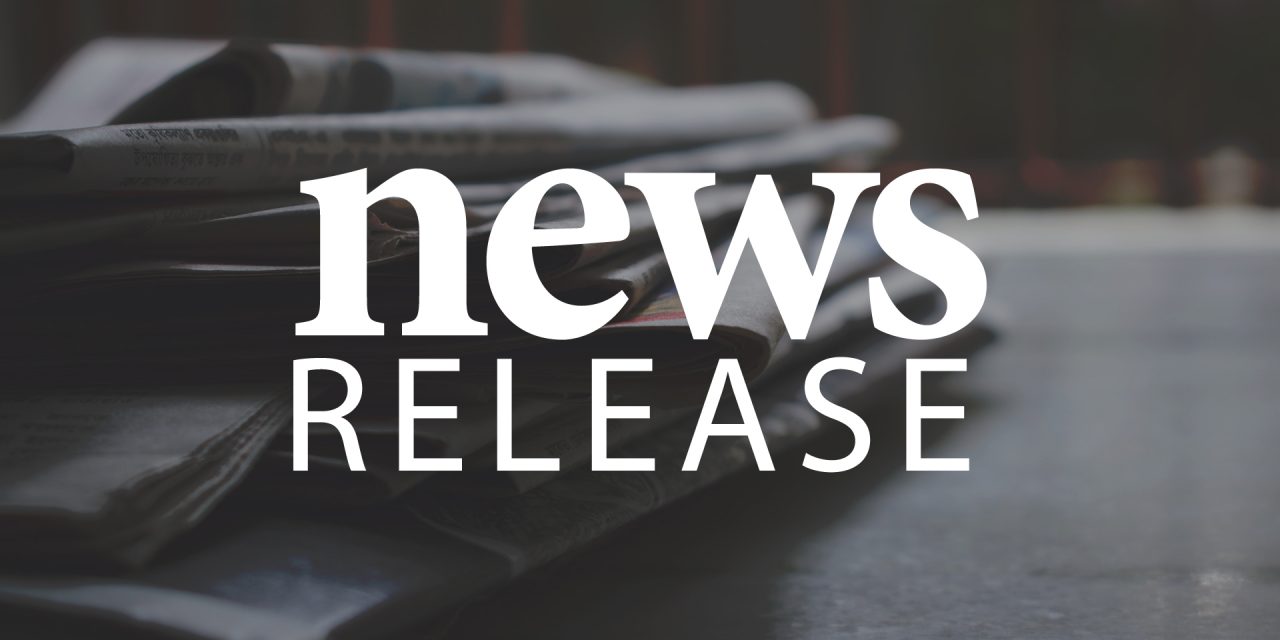The Kansas City and Omaha Districts of the U.S. Army Corps of Engineers (Corps), in cooperation with the U.S. Fish and Wildlife Service, recently released its Draft Missouri River Recovery Management Plan and Environmental Impact Statement. Meetings are being held in Kansas City and St. Louis during the week of February 13 to take public comments.
Missouri Farm Bureau offered the following comments:
“Missouri Farm Bureau is the state’s largest farm organization with members in every county. Many of our members’ livelihoods are tied to the Missouri River and, thus, we’ve been involved in management issues for more than two decades.
Many Missourians continue to believe common sense must be the foundation of our government’s management decisions. We’re hopeful the Trump Administration will recognize the shortcomings of current federal actions and hit the reset button.
Missouri Congresswoman Vicky Hartzler recently gave the President her “Undo” list. The list includes many offensive rules, regulations and mandates that have affected her constituents. What a great starting point!
Almost a quarter of our state’s counties border the Missouri River. A new study shows that in those 25 counties, agriculture, forestry and related industries had an economic impact of $34.6 billion in 2016. Agriculture’s contribution includes $21.2 billion in inputs, over 135,000 jobs, and $2.8 billion in federal, state and local taxes.
Our organization’s resolve relative to Missouri River issues has only strengthened over time. We believe flood control and commercial navigation are priorities when considering authorized uses. Much of our state’s drinking water comes from the Missouri River and we support flows for power generation and continued close coordination with levee districts.
We will not support proposals that weaken flood control, initiate pulses or reduce flows in the summer. We do not support the construction of chutes and oppose actions that could damage private property, weaken levees or lead to large quantities of soil being deposited into the river. Given past experience, we’re skeptical of adaptive management and what we consider to be very expensive experiments.
For the reasons stated, several of the alternatives under consideration are non-starters. Given the prescribed flow modifications we do not support Alternatives 2, 4, 5 and 6. Alternative 1 is a concern is that it continues to allow for a bimodal spring rise and the construction of shallow water habitat. While Alternative 3 does not call for shallow water habitat it does require Interception Rearing Complexes which those who know the Missouri River simply consider more hocus pocus. Furthermore, Alternative 3 does not rule out flow modifications.
There must also be consideration of cost. Every man, woman and child in the U.S. currently owes over $65,000 for their share of the $19.9 trillion public debt. We have to be cognizant of expenses associated with each of the proposed alternatives.
We’re not asking to give up on any bird or fish, but common sense has to be part of the equation. The Endangered Species Act must be updated. Consideration of human impacts must come first and no one should be held hostage by the views of personnel within the U.S. Fish and Wildlife Service, Environmental Protection Agency or any other arm of government.”


